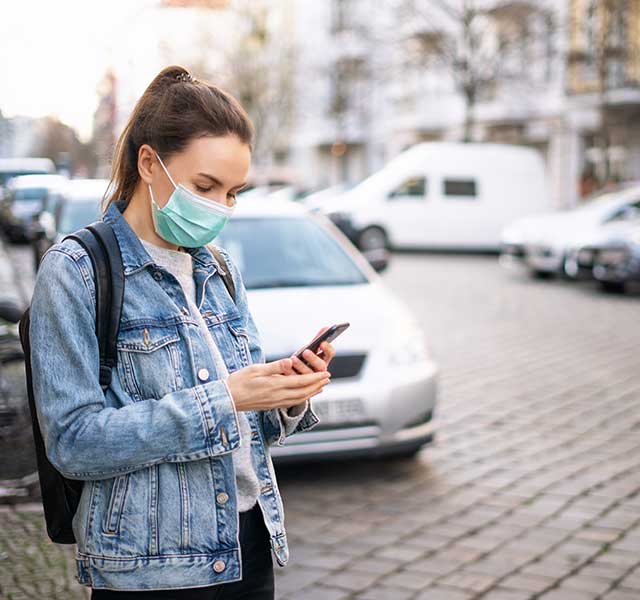If you have had COVID-19, you might think you won’t get it again. And if you had a mild case, you might think it’s no big deal, even if you do get it again. But reinfection is becoming increasingly common, thanks to the highly contagious Omicron BA.5 variant. And studies show that the more often you contract COVID-19, the more health risks it may pose.
In other words, the damage to your health may be cumulative.
"The exact reasons why COVID-19 reinfection can lead to adverse health effects is unclear, but your immune response likely plays a role,” says Dennis Cunningham, M.D., medical director of infection control and prevention at Henry Ford Health. “COVID-19 heightens your immune response, so after infection, your immune system might stay revved up for a while. If you get it again, your immune system—already at an elevated status—could go into overdrive, causing an inflammatory response throughout your body and potentially damaging organs along the way."
Older people, along with those who are immunocompromised, are probably more likely to be adversely impacted by COVID-19 reinfection. The amount of time between COVID-19 infections may also play a role.
“One study, published this spring, suggests that COVID-19 reinfection within six months is associated with an increased risk of severe disease (meaning hospitalization and/or death),” says Dr. Cunningham. “The caveat is that this was a study of veterans. And veterans seeking care tend to be overwhelmingly male, older than the general population, and sicker than the general population. So it’s not clear whether this study can be generalized to other groups of people.”
Can Vaccination Reduce The Risk Of Long-Haul Symptoms & Reinfection?
While the BA.5 variant has been known to better evade vaccine detection (it may require three times the amount of protective antibodies than the current vaccines have) vaccination is still effective. If you’re up-to-date on your vaccinations, you’re less likely to get COVID-19. And if you do become infected, your illness will probably be milder. Studies also suggest that those who are vaccinated are less likely to experience long-haul symptoms of COVID-19.
And we may have an Omicron-specific booster by this fall. “Both Pfizer and Moderna are tweaking their vaccines to specifically target the Omicron variants,” says Dr. Cunningham. “That’s one of the cool things about mRNA vaccines; it’s really easy to adjust them for different strains of a virus. Until then, I recommend wearing a mask in public, especially if you’re at risk for getting a severe case of COVID-19. And in the meantime, stay up-to-date with your vaccine doses and boosters.”
Henry Ford offers COVID-19 vaccines and boosters to established patients. Appointments can be scheduled in MyChart.
For updates on booster guidelines and availability of vaccines by age group, visit henryford.com/coronavirus/vaccine-faqs.
Dr. Dennis Cunningham is the medical director of infection control and prevention at Henry Ford Health.



